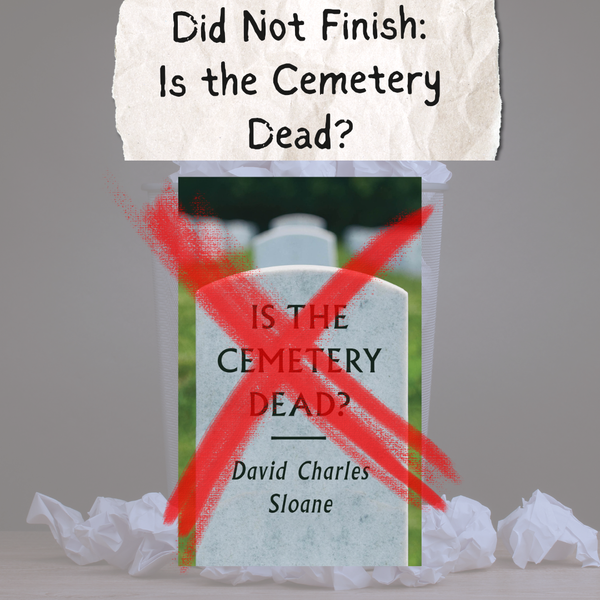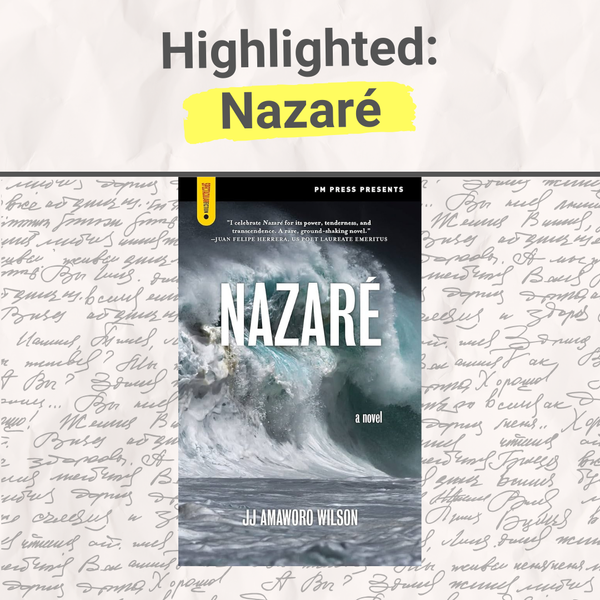An MFA in Creative Writing, Quantified

What's in an MFA? About 236,000 words.
I graduate from my MFA program in 10 days. I have a lot to say about the degree now that I'm about to earn one. While it would be easy to wax poetic about The True Meaning of Writing or whatever, it would also be boring and clichéd. I want to do what I've seen few other MFA-holders doing.
I want to dig into the data.
The Context
Barfing out numbers without any context won't be helpful. First, let's talk about the program's structure.
I attended a low residency MFA. What's that? A low residency MFA meets in-person for part of the program, and does the rest online. My program has two in-person residencies twice a year (one in summer and one in winter). The rest of the time, students work closely with a faculty mentor as they provide commentary on the student's work and hold Zoom meetings with students. This setup felt like a writing apprenticeship and I quite enjoyed it.
In terms of how we understand the data, most writing is lumped into what the program calls packets. In semesters 1-3, students send their mentor four packets of approximately 25-35 pages each. In the fourth semester, students work on their thesis—with a 125-page minimum for the final draft.
Then there's workshops.
Students attend 2 workshops each residency, totaling at 8 workshops. Each workshop requires a submission of 8-15 pages.
Your first semester, therefore, encompasses your workshops from the first residency plus the four packets you send in to your first semester faculty mentor. The same for the second semester, and so on.
Now, the data...
The Data
As I said up top, all of the material I sent in totaled to 236,114 words and 863 pages.
The program is two years long. I don't have the exact start and end dates, so we'll use 730 days as the total program length (365 days per year, times two years). That would mean I wrote approximately 323 words/1.2 pages per day while in the program.
Honestly? That sounds kinda low! The go-t0 writing advice is 1,000 words every single day of your life, but I've always had a hard time hitting that. I'm a project-focused binge writer. I'll do 1-3k per day until a story is finished, then nothing for a few weeks.
But the total word count is still respectable, I think. If we say the average novel is 90,000 words, then I sent in the equivalent of 2.6 novels over two years.
Semester-by-Semester

Breaking the data out by semester provides a useful look at how the program escalates.
The abrupt jump in the fourth semester (a 153% increase in word count compared to the prior semester) comes from the thesis. And it's the thesis that makes me believe the total word/page count is somewhat inflated.
The easiest and quickest way to assess my output was counting up the words/pages of every packet, workshop submission, and thesis draft. The first draft of my thesis was 111 pages, the second 128, and the final draft 153 pages.
Note that only two thesis stories had major rewrites during this time. The rest of the pages remained largely unchanged. Another important caveat is some of the thesis stories were stories from prior semesters. Some of these I lightly revised. Others I didn't revise at all—because they'd already been published, so what would've been the point?
Unravelling this Ship of Theseus-esque quandary to establish a "true generative word count" wasn't a useful way to spend my time.
The Art
The more literary among you (and by that I mean, hopefully, the entire readership of this newsletter) is likely asking the erudite question: But what does all this data represent? What art did you create?
I'll give you an answer but, like with the total word count, there are thorny caveats.
For example, I spent a chunk of my total output on a novel project I ended up abandoning. If I rewrote the opening two chapters four times, do I count that as 8 chapters? The best way summarize my creative output in as concise a way as possible, while still considering the nuances, is to break it out into categories.
In my two years, I focused on the following areas...
A Didactic Science Fiction Novel That Sucked
- Wrote the first chapter.
- Rewrote the first chapter three times.
- Wrote the first 70 pages of the novel.
- Rewrote the first chapter again, then abandoned the story.
A Didactic Fantasy Novel That Was Also Bad
- Wrote the first chapter.
- Rewrote the first chapter.
- Wrote the second chapter.
- Abandoned the story.
Cool-but-Unpublishable Bizarre Literary Dark Comedy Novel
- Wrote the first two chapters.
- Rewrote the first two chapters.
- Rewrote the first two chapters, and added a third chapter.
- Included said chapters in my thesis.
- I am meditating on continuing this story.
Cool-but-Half-Baked Fantasy Novel
- Morrowind with gatling guns.
- Wrote an excerpt of about 10 pages. More of a concept piece sketching out the world and a single character.
Mandatory Non-Fiction Research Paper
- Wrote an essay of 20 pages arguing professional wrestling is literature using Roland Barthes' narratology codes.
- Drafted an hour-long presentation about the same topic.
Short Stories
- 11 unpublished short stories of various lengths and genres.
- A published flash fiction piece titled Headless Angels.
- A published flash fiction piece titled The Sculptor.
- A published fantasy short story titled Necromancer of the Trenches.
- Two forthcoming 10,000-word short stories scheduled for 2024.
And that's two years in an MFA program, quantified.
I learned the most from the short stories and the 70 novel pages (which was for a novel writing workshop). One day in the future, I'll write in more detail about specific areas of my MFA experience.
For now, I wanted to provide an answer to a question I know people are curious about (since I, myself, was curious about it): What are you doing during an MFA in terms of output?
The answer? A lot.




